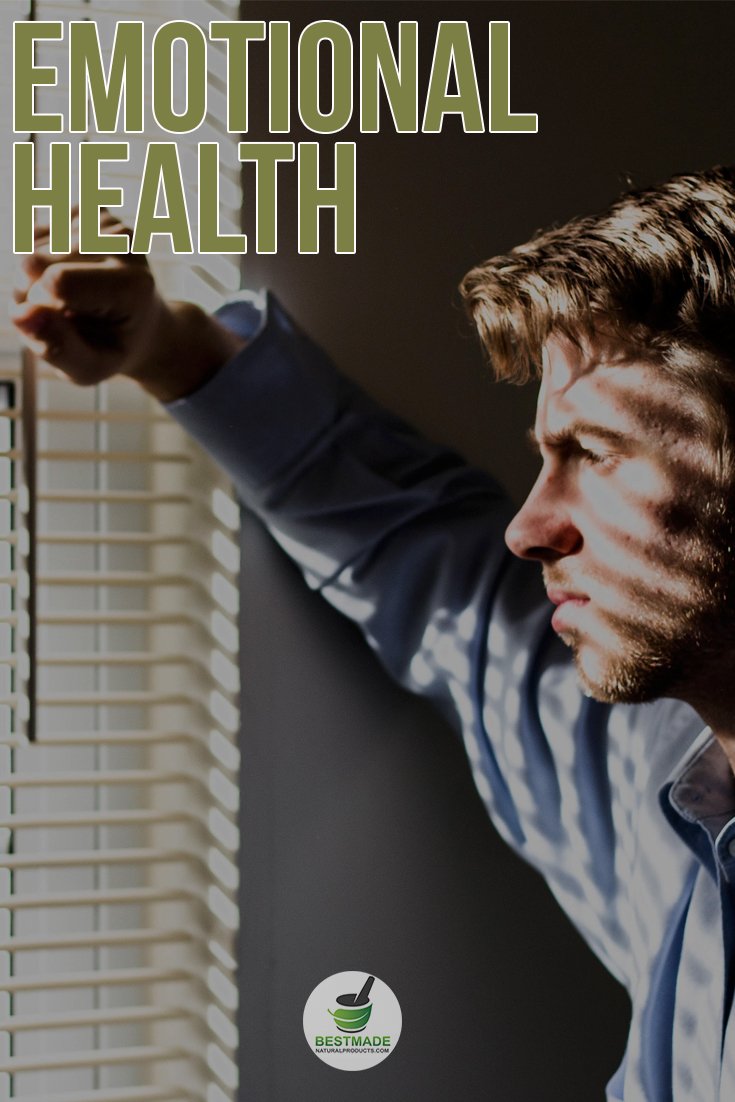
Some Emotional Health FAQ that You Will Learn
Your emotions can be expressions of joy and wonder, but they can also damage your health and happiness if left unchecked. Emotional health tends to come with a lot of questions. Questions like, why are they so difficult to control? How can I manage them? What is emotional health? Let’s tackle the big ones now!

Q. What is the Difference Between Emotional and Mental Health?
A. Emotional health is essentially having control over your emotions, as well as your behavior. Someone with vital emotional health is resilient when faced with difficulty, and they are capable of building lasting, strong, and healthy relationships.
Q. What are the characteristics of good emotional health?
A. Good emotional health means that positive emotions are key to emotional health because they steeped in positive characteristics. The characteristics of good emotional health include zest for life, a sense of purpose, contentment, the ability to cope with stress, to navigate obstacles, to bounce back after failure, flexibility, adaptability, high self-esteem, self-confidence, the ability to strike a healthy balance of work and place, as well as the ability to forge new and maintain existing relationships. It’s more than simple optimism; it’s a deep understanding of what makes you truly happy.
Q. What Are Common Emotional Health Concerns?
A. People who are worried about their emotional health are often concerned regarding other issues, such as grief, bereavement, anxiety, depression, trauma, chronic illnesses, success, behavioral problems, disabilities, stress management, anger management, PTSD, acute stress, and transition to significant life changes like divorce. All of these are major life experiences that can negatively influence your emotional health.
Q. Are Emotional Health Issues Genetic?
A. Emotional health isn’t the same as mental health. There are family histories that leave you at greater risk of mental health issues. However, emotional health is different. Emotions are contagious, however.
So, if you are struggling with your emotional health, the emotions of the people around you may influence you. If profoundly negative or outraged people surround you, this could be affecting you.
Q. Why Are Emotions So Difficult To Control?
A. There are several reasons for emotions being difficult to control. The first of which is that it’s often difficult to determine where the emotion is coming from. When you don’t know why you’re experiencing a particular feeling, then frustration can take hold, which further complicates what’s going on inside you.
Another reason for emotions being difficult to control is that they can be overwhelming. When you’re overwhelmed by a feeling, it cannot be easy to check yourself. Finally, it isn’t straightforward to control your emotions when you don’t understand that..

Q. How Can I Recognize My Emotions?
First, consider the event that elicited your emotional response. Facts only, please. Why do you think it triggered the reaction within you that it did?
How did you feel about it, both physically and emotionally?
How did that make you want to react? How did you react?
How did that impact you later?
Do this for every situation where you react strongly. As you continue to do this, you will start to recognize your emotions quicker and understand why you react the way you do.
Q. How Can I Manage My Emotions?
A. There are several ways for you to manage your emotions. If you know, certain situations trigger a particularly negative emotional response, avoid putting yourself in those situations. If you can’t avoid these situations, then try to modify them.
Adjust your thoughts surrounding the situation or event. You can’t control the problem, but you can change how you think about it. Finally, change how you respond. Please take a deep breath (or a few of them) and consider your response. If you can’t control everything, you can’t avoid or modify the situation, nor can you change your thoughts, then adjust your response.








Leave a comment